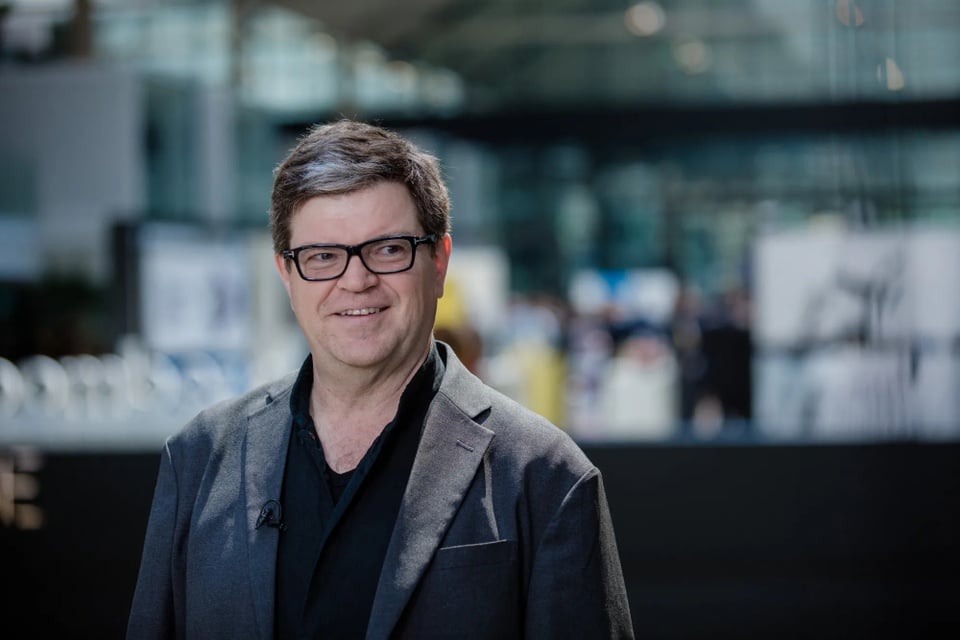 |
Yann LeCun has spent more than four decades researching AI. Photo: Bloomberg . |
On November 20, after much speculation, Yann LeCun officially confirmed that he will leave Meta at the end of this year, after 5 years leading Facebook's AI research center (FAIR) and 7 years as Chief AI Scientist .
Yann LeCun is considered one of the "godfathers" of AI. In the 1980s, Yann LeCun, then a PhD student, struggled to find someone to guide his doctoral thesis on machine learning. At that time, most experts did not research in this field. Four decades later, LeCun became one of the figures who laid the foundation for modern AI. But at Meta, where he worked for more than a decade, the 65-year-old scientist gradually became a lost voice.
LeCun said that after Meta, he will found a company to continue research on Advanced Artificial Intelligence (AMI).
"The startup's goal is to deliver the next big breakthrough in AI: Systems that understand the physical world , have long-term memories, can reason and create complex action plans," he said on his personal page.
According to the Wall Street Journal , the startup is following a line of research that he believes has the potential to take AI further than the dominant large language models (LLM). Meanwhile, CEO Mark Zuckerberg is betting billions on his ambition to build “superintelligence”, with a large-scale research team aiming to make Llama surpass ChatGPT or Gemini. LLM is at the heart of Meta’s current AI strategy.
The Pioneer's Journey
Born in Paris, raised in the suburbs, and educated at the Sorbonne, LeCun pursued machine learning before it was considered a serious field. He worked in Geoffrey Hinton’s lab in Toronto before Hinton became an icon of the field. LeCun’s longest career was at Bell Labs, where he worked on handwriting recognition for a bank check-processing system and on a project to digitize documents.
In many shares, LeCun said he learned a lot from physics, a field he loved even though it was not directly related to computer science.
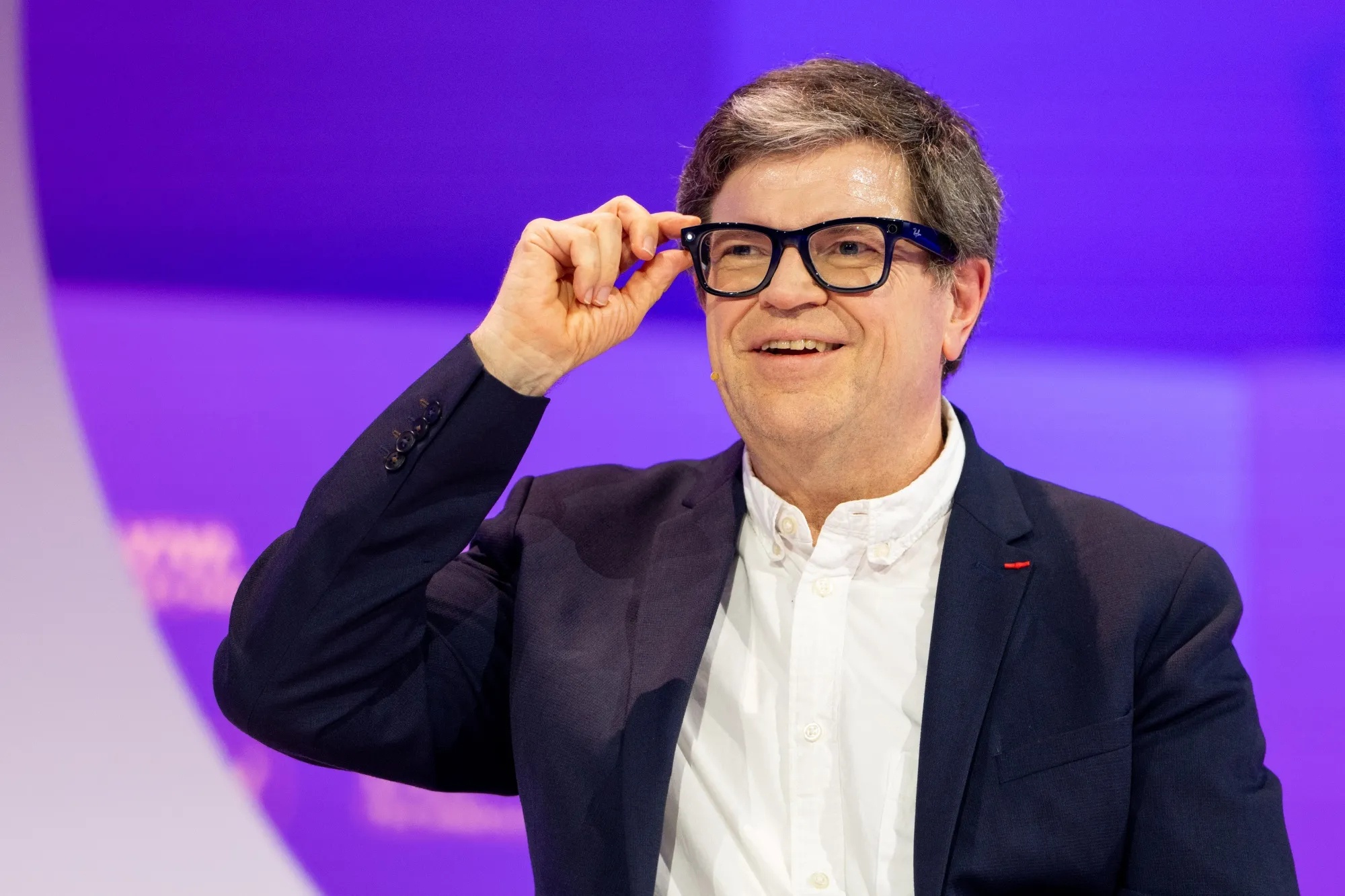 |
Yann LeCun used to lead Meta's AI division. Photo: Bloomberg . |
In 2003, he began teaching at New York University, later becoming the founding director of the school's Center for Data Science. Living in New York also made him a regular at the city's jazz clubs.
In 2013, Zuckerberg personally invited LeCun to lead Facebook’s new AI division. He held the role for four years, before moving to chief scientist, a research-focused position. In 2018, LeCun, along with Hinton and Yoshua Bengio, received the Turing Award for their foundational work on neural networks, the technology behind modern AI systems.
However, when Meta developed Llama, the first large open-source language model, LeCun was not part of the core team. He focused on his own projects, giving speeches, presenting Meta's vision for AI glasses and its long-term vision for the direction of AI development.
Longtime colleague Léon Bottou once described LeCun as “stubborn in a good way,” someone who listens to others but holds strong opinions. He also openly expresses his personal views on his website, describing himself as “a scientist, atheist, leftist, university professor and French.”
The contradiction is becoming more and more obvious.
In recent years, LeCun has repeatedly criticized the LLM model, the research direction that large technology corporations are pouring resources into. On the Big Technology podcast, he asserted that companies cannot build human-level AI by simply extending the LLM.
This past summer, Meta underwent a major restructuring. Zuckerberg appointed Alexandr Wang as its new head of AI; Shengjia Zhao, co-founder of ChatGPT, became chief scientist. The move left internal questions about Yann LeCun's future at the social media giant.
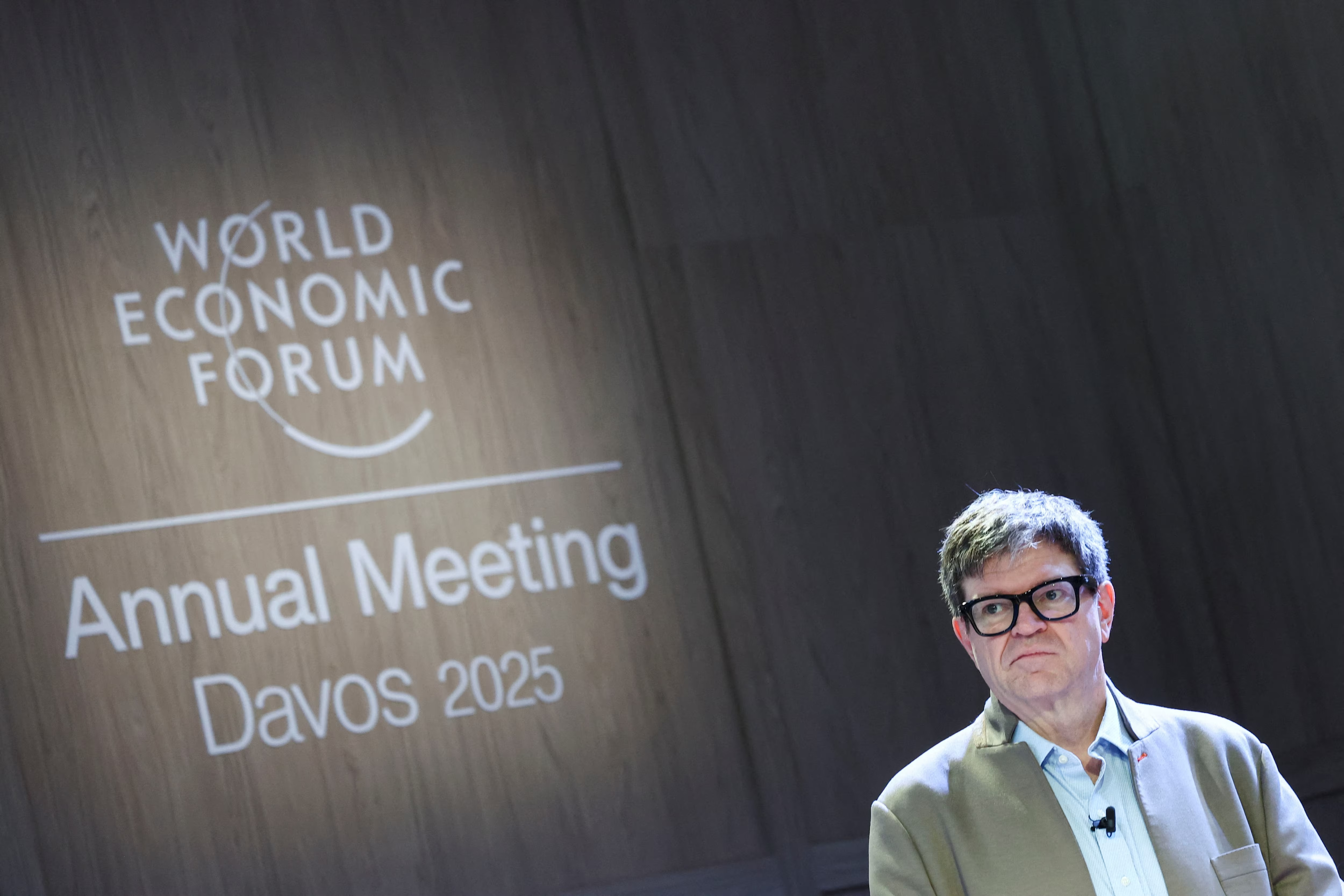 |
Yann LeCun is not a fan of LLM models. Photo: Bloomberg . |
Zuckerberg later assured that LeCun’s role had not changed and that he would remain FAIR’s chief scientist. But the FAIR division, long a hotbed of bold ideas, has seen staff cuts, fewer resources, and a loss of status within the organization, according to current and former employees.
Meanwhile, Meta's new AI research organization, led by Wang, is oriented towards making quick breakthroughs and bringing them to products immediately, an approach that contrasts with the long-term research philosophy pursued by LeCun.
In recent months, LeCun has spent time traveling around Asia and Europe, appearing at numerous conferences. He even advises young PhDs that if they do AI research, they absolutely should not work on an LLM.
If LeCun leaves Meta to pursue his own model, it would be a major turning point for the man who once shaped Facebook's AI vision and also a challenge to the path the world is following.
Source: https://znews.vn/tran-tro-cua-bo-gia-ai-yann-lecun-post1603775.html


![[Photo] General Secretary To Lam receives President of the Senate of the Czech Republic Milos Vystrcil](/_next/image?url=https%3A%2F%2Fvphoto.vietnam.vn%2Fthumb%2F1200x675%2Fvietnam%2Fresource%2FIMAGE%2F2025%2F11%2F21%2F1763723946294_ndo_br_1-8401-jpg.webp&w=3840&q=75)

![[Photo] National Assembly Chairman Tran Thanh Man holds talks with President of the Senate of the Czech Republic Milos Vystrcil](/_next/image?url=https%3A%2F%2Fvphoto.vietnam.vn%2Fthumb%2F1200x675%2Fvietnam%2Fresource%2FIMAGE%2F2025%2F11%2F21%2F1763715853195_ndo_br_bnd-6440-jpg.webp&w=3840&q=75)

![[Photo] Visit Hung Yen to admire the "wooden masterpiece" pagoda in the heart of the Northern Delta](/_next/image?url=https%3A%2F%2Fvphoto.vietnam.vn%2Fthumb%2F1200x675%2Fvietnam%2Fresource%2FIMAGE%2F2025%2F11%2F21%2F1763716446000_a1-bnd-8471-1769-jpg.webp&w=3840&q=75)
![[Photo] President Luong Cuong receives Speaker of the Korean National Assembly Woo Won Shik](/_next/image?url=https%3A%2F%2Fvphoto.vietnam.vn%2Fthumb%2F1200x675%2Fvietnam%2Fresource%2FIMAGE%2F2025%2F11%2F21%2F1763720046458_ndo_br_1-jpg.webp&w=3840&q=75)




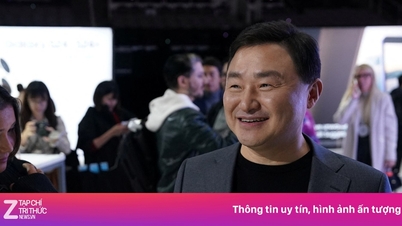


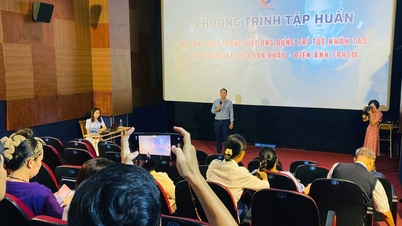









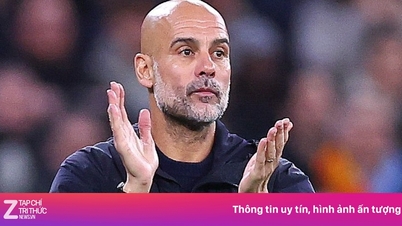



























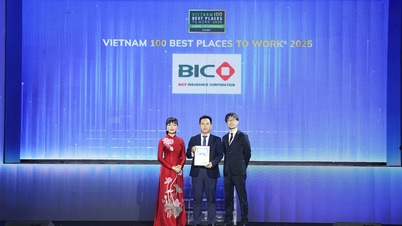











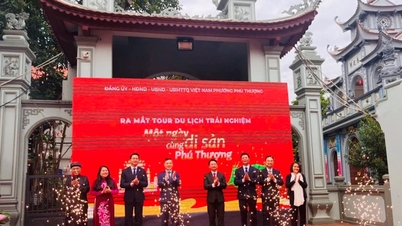
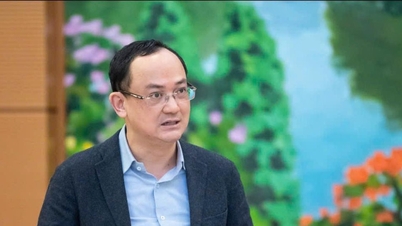

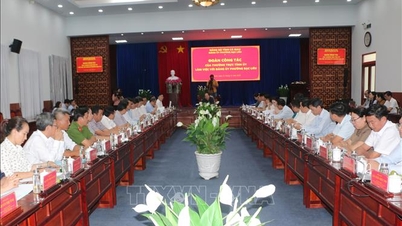

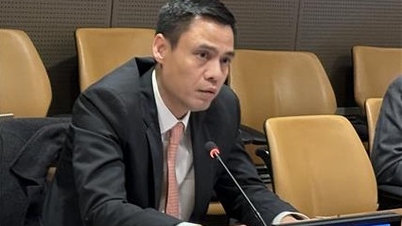
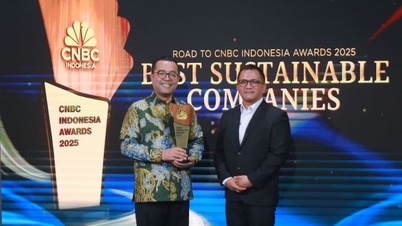

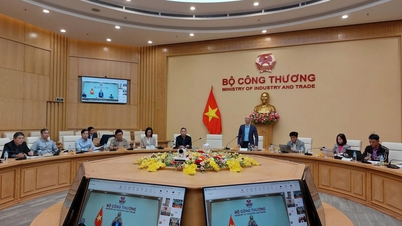

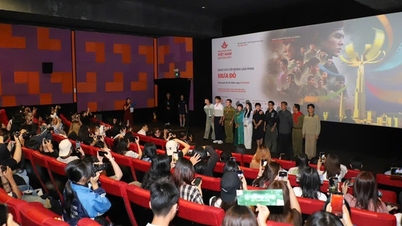



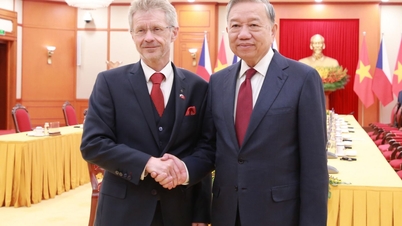

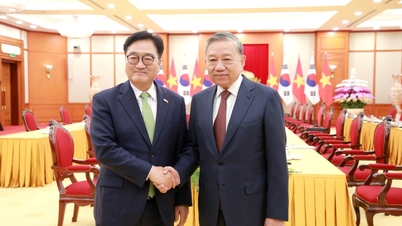




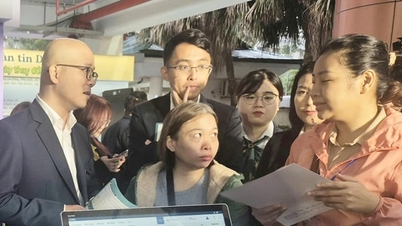



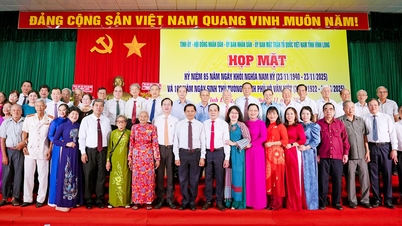
















Comment (0)